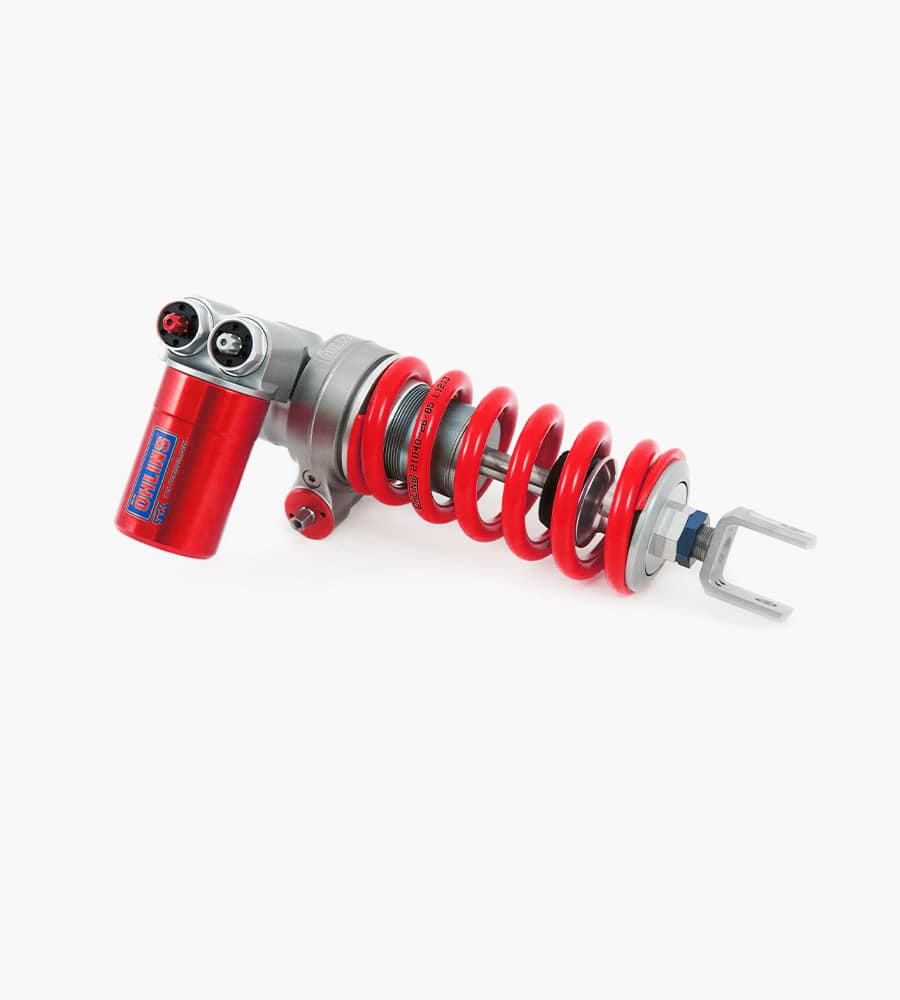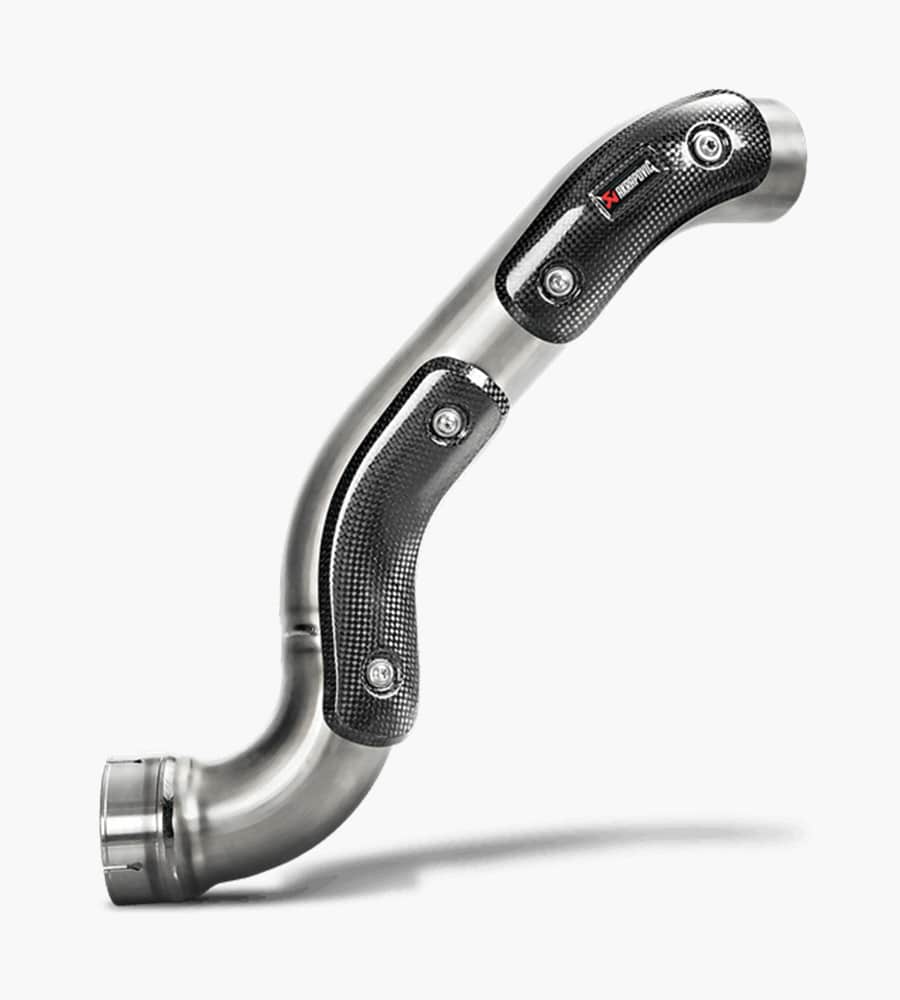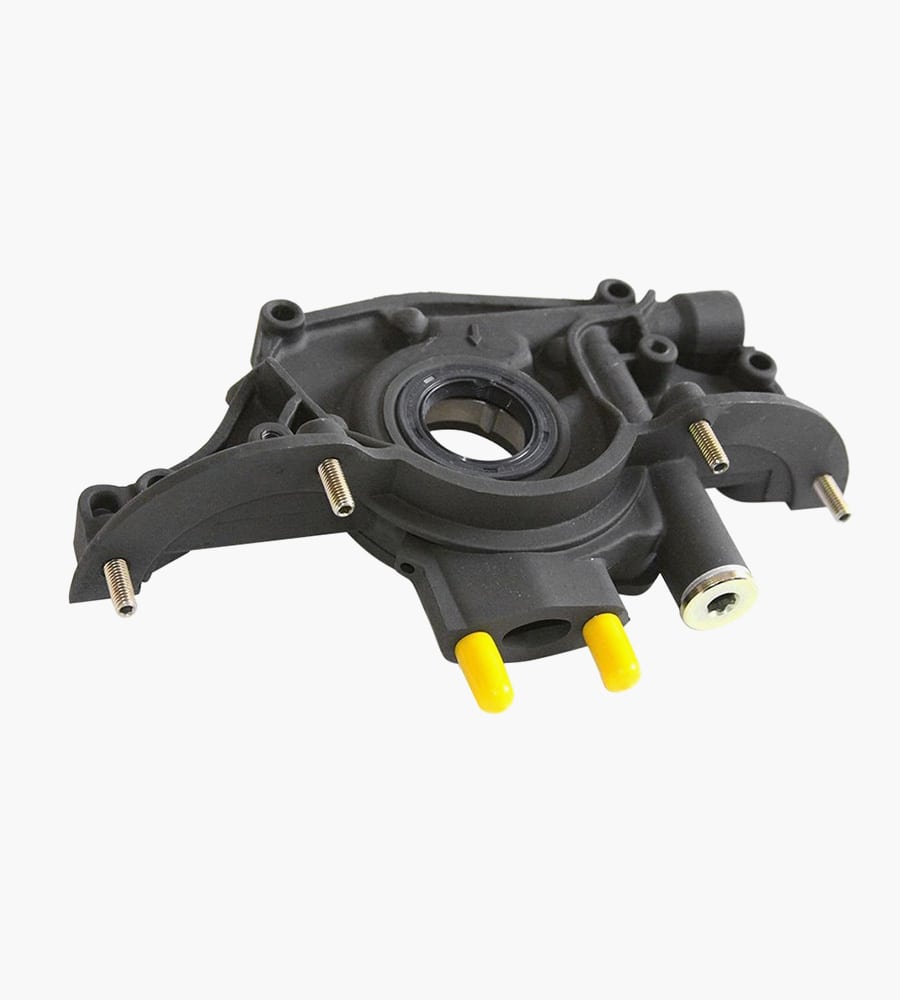Vertical Acceleration Sensor
$128.00
- Type: An electronic sensor designed to measure the vehicle’s linear acceleration along its vertical axis (i.e., up and down movement relative to the road surface). This is also commonly referred to as a “G-sensor” or “accelerometer.”
- Function: The vertical acceleration sensor provides critical real-time data to various sophisticated control systems within the vehicle. Its primary applications typically include:
- Active Suspension Systems: In vehicles equipped with adaptive or skyhook suspension, this sensor helps the control unit monitor road conditions and body movements, allowing the suspension to rapidly adjust damping forces to improve ride comfort and handling stability. It detects bumps, dips, and body pitch.
- Electronic Stability Program (ESP/MSP): While the Yaw Sensor measures rotational movement, the vertical acceleration sensor can provide supplementary data on body roll and pitch, contributing to the overall understanding of vehicle dynamics for stability control interventions.
- Headlight Leveling Systems: In some adaptive headlight systems, vertical acceleration data can help automatically adjust headlight aim based on vehicle load or road inclination.
- Airbag Systems: In highly advanced systems, vertical acceleration data might contribute to more precise deployment logic, especially in complex crash scenarios involving vertical forces.
- Components: A self-contained electronic unit typically containing a micro-electromechanical system (MEMS) accelerometer and associated signal processing circuitry, all enclosed in a durable housing with an electrical connector.
- Location: The sensor’s location is critical for accurate readings. It is usually mounted to the vehicle’s chassis, frame, or body, often near the center of gravity, or occasionally at individual wheel hubs for specific suspension applications.
- Material: Robust plastic or metal casing housing sensitive electronic components.
- Design: Engineered for high precision and rapid response, capable of detecting subtle changes in vertical motion to provide immediate feedback to control modules.
- Compatibility: Essential for the proper functioning of the specific systems it serves (e.g., active suspension) in the Maserati 4200, GranCabrio, GranTurismo, and other models.
The Vertical Acceleration Sensor, identified by Maserati Part Number 279398, is a sophisticated electronic component that plays a vital role in enhancing the ride comfort, handling dynamics, and active safety systems of your Maserati 4200 GT, GranCabrio, GranTurismo, and other compatible models. This sensor is your vehicle’s sensitive “feel” for the road, continuously monitoring its vertical movement.
At its core, this sensor precisely measures the upward and downward forces exerted on the vehicle’s body as it travels over varying road surfaces or experiences body pitch during acceleration and braking. This real-time data is continuously transmitted to dedicated electronic control units (ECUs). In Maserati models equipped with advanced suspension systems (such as adaptive damping or Skyhook suspension), the vertical acceleration sensor is a cornerstone. It allows the suspension ECU to instantly detect bumps, potholes, and changes in road elevation, enabling it to rapidly adjust the damping forces of each shock absorber. This dynamic adjustment significantly improves both ride comfort by smoothing out road imperfections and handling stability by minimizing body roll and pitch during spirited driving.
Beyond suspension, this sensor contributes to other systems: it can provide supplementary data to the Electronic Stability Program (ESP/MSP) to give it a more complete picture of the vehicle’s dynamic state, aiding in more precise stability interventions. It might also contribute to automatic headlight leveling systems, ensuring optimal beam projection regardless of vehicle load or terrain.
Due to its critical and precise function, a failing vertical acceleration sensor can lead to noticeable issues. Common problems include:
- Suspension Malfunctions: A noticeable degradation in ride quality (e.g., harshness over bumps, excessive body roll), or error messages related to the adaptive suspension system.
- Warning Lights: Illumination of dashboard warning lights related to suspension, ESP/MSP, or other integrated systems.
- Inaccurate System Performance: Systems that rely on vertical acceleration data may not function optimally or may provide incorrect responses.
Symptoms of a faulty vertical acceleration sensor typically involve the affected system generating a fault code and illuminating a warning light. For instance, if it’s primarily used for adaptive suspension, you might notice the ride becoming fixed (often in a firmer setting) or the system defaulting to a “safe” mode. Replacing this sensor requires precise installation, as its mounting orientation and security are critical for accurate readings. Often, a calibration procedure using specialized diagnostic equipment is necessary after replacement to ensure the new sensor is properly synchronized with the vehicle’s control systems.
For your Maserati, ensuring the integrity of the Vertical Acceleration Sensor (Part Number 279398) is paramount for maintaining the sophisticated ride quality, advanced handling capabilities, and active safety features that are hallmarks of these Italian luxury performance vehicles.


MAECENAS IACULIS
Vestibulum curae torquent diam diam commodo parturient penatibus nunc dui adipiscing convallis bulum parturient suspendisse parturient a.Parturient in parturient scelerisque nibh lectus quam a natoque adipiscing a vestibulum hendrerit et pharetra fames nunc natoque dui.
ADIPISCING CONVALLIS BULUM
- Vestibulum penatibus nunc dui adipiscing convallis bulum parturient suspendisse.
- Abitur parturient praesent lectus quam a natoque adipiscing a vestibulum hendre.
- Diam parturient dictumst parturient scelerisque nibh lectus.
Scelerisque adipiscing bibendum sem vestibulum et in a a a purus lectus faucibus lobortis tincidunt purus lectus nisl class eros.Condimentum a et ullamcorper dictumst mus et tristique elementum nam inceptos hac parturient scelerisque vestibulum amet elit ut volutpat.














Reviews
There are no reviews yet.